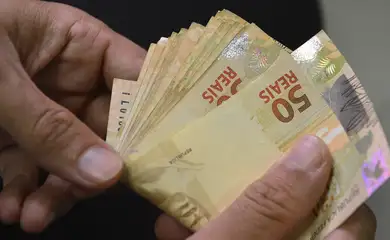Trade sales close out 2024 up 4.7%, highest since 2012

Trade sales in Brazil grew by 4.7 percent in 2024 compared to the previous year. In addition to being the eighth consecutive year of expansion, it is also the biggest surge since 2012, when it rose by 8.4 percent.

The data were published Thursday (Feb. 13) by the statistics bureau IBGE. “It’s a significant figure,” said Survey Manager Cristiano Santos.
The annual increase was cemented following the December result, 0.1 percent below November. Compared to December 2023, there was a two percent increase.
Among the factors that boosted trade in 2024, Santos mentioned the expansion of workers’ income, the number of people employed, and stable credit. The 6.6 percent unemployment rate in 2024 was the lowest in the time series.
The factors that have prevented a greater increase in sales, Santos went on to say, are inflation and the rise in the dollar, especially for computers and communication products.
In 2024, Brazil ended the year with 4.83 percent inflation, thus above the government’s 4.5 percent target. The dollar rose 27 percent last year.
Balance
Over the course of 2024, eight of the 11 activities surveyed showed an expansion, most notably pharmaceutical, medical, orthopedic, and perfumery articles—a group that climbed 14.2 percent. It is the only one that, like the trade sector as a whole, has seen eight consecutive years on the rise. The pharmaceutical products and perfumery and cosmetics sub-sectors also grew.
Santos also noted that, since 2004, when the pharmaceutical sector’s time series began, there has only been a drop in sales in 2016, when all Brazilian commerce posted a negative rate.
The survey sought data from 6,770 trade businesses with at least 20 people employed, across all Brazilian states and the Federal District.






